- Costa Rica
- San José
View Other Details
Program Details
Pricing
*Pre-departure Services: Advising, Orientation Materials and Support, Social Networking, Scholarships
*On-site Services: Airport Reception, Resident Director, On-Site Orientation, Housing, Tuition, Tutoring, Language and Cultural Tools, Medical Insurance, Excursions, Social and Cultural Activities, API Learning and Engagement Badge Program, Welcome and Farewell Group Meals
*Re-Entry Services: Re-Entry Materials and Support, Post-Program Evaluation, Transcript, Alumni Network, and more!
About Program
Located in the central valley of Costa Rica, San José is a vibrant urban center in the heart of a serene and beautiful nation. Three volcanoes surround the city, and quaint villages, farms and coffee plantations dot the hillsides. Though the metropolitan area is home to 36% of the nation’s population, one can easily explore the smaller central area of the city and discover its neighborhood markets and local restaurants. Cultural opportunities including theater, music, cinema and dance are also abundant in San José. Program opportunities include Latin American Studies & Internship, Art & Design, Multidisciplinary and Environmental Studies, Sustainable Development and Social Justice, Latin American Health Care Studies, Maymester Health Sciences and Shadowing, Summer Spanish and Sustainability Practices, and Summer Business Spanish and Corporate Social Responsibility.
Video and Photos
Scholarships

API Scholarships and Financial Aid Information
API awards approximately $500,000 in study abroad scholarships annually ranging from $250 -$1,000 per student.
Popular Programs

Students who choose to study abroad in San José through API’s Multidisciplinary and Environmental Studies Program at the Universidad Veritas will complete a combination of intensive Spanish language courses and elective course offerings in English or Spanish. The number of Spanish language courses desired dictates how many elective courses students complete each term. This program is offered in the fall, spring, academic year, and summer.

This program combines academics, service-learning, and cultural immersion to provide students with the opportunity to acquire in-depth knowledge of human rights, analyze challenges to environmental sustainability, and understand human development. Social justice, sustainability, gender issues, social cohesion, the dichotomy of exclusion and inclusion, and the relationship between Latin America and the United States, are some of the many themes of development explored in this program.

This program is ideal for those who want to pursue health studies in Latin America. The International Center for Development Studies (ICDS), in partnership with Hospital Clínica Bíblica, offers an eleven-week program to provide university students in the health fields an opportunity to improve their language proficiency and interact with Spanish-speaking patients and their families, while gaining a more in-depth understanding of healthcare in Latin America.







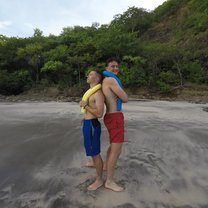
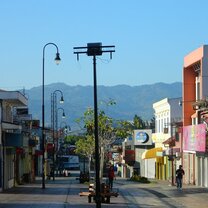
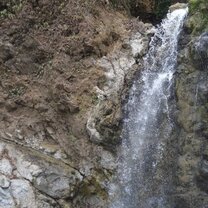
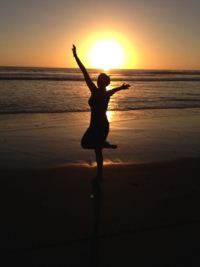

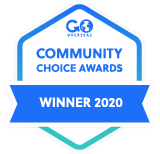

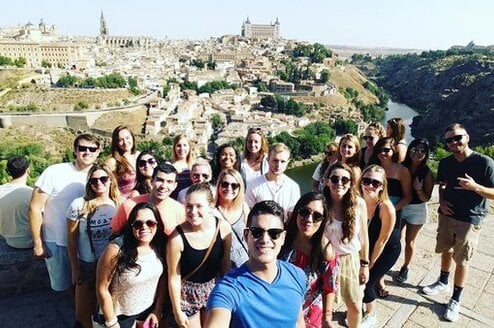
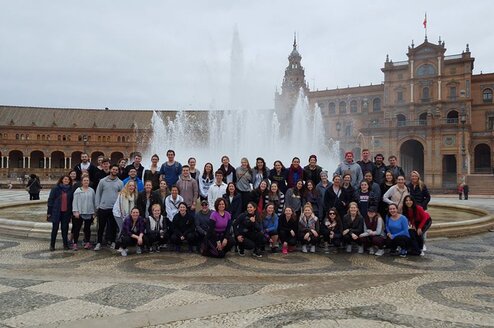
Response from API
Thank you for your honest input. We value and welcome constructive criticism of our programs and offerings, and appreciate your opinions. It is worth noting that the particular excursion in question was not offered to API/UCR students but rather another group, and has been discontinued.